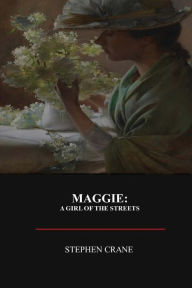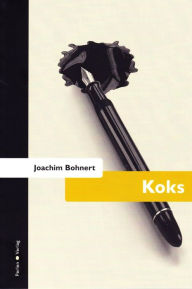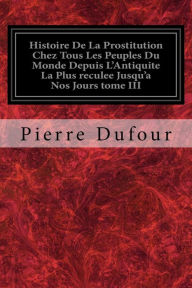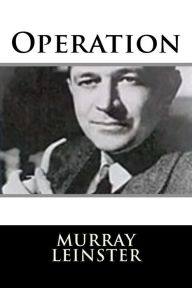'The spectator and not the actor is the central focus of Brecht's stagecraft'
by Reni Ernst
2020-05-08 04:47:54
'The spectator and not the actor is the central focus of Brecht's stagecraft'
by Reni Ernst
2020-05-08 04:47:54
Seminar paper from the year 2005 in the subject English Language and Literature Studies - Literature, grade: 1,0, University College Dublin (Faculty of Arts; School of English and Drama), course: Brecht and Political Theatre, 9 entries in the bibliog...
Read more
Seminar paper from the year 2005 in the subject English Language and Literature Studies - Literature, grade: 1,0, University College Dublin (Faculty of Arts; School of English and Drama), course: Brecht and Political Theatre, 9 entries in the bibliography, language: English, abstract: The most important principle of Brecht's epic theatre is its aim of representing conditions rather than developing actions. This theatre is designed to show attitudes in the sense of relationships between people, their connections to the environment and their roles in politics and society. Thus the human being is the focus, the object of inquiry of Brecht's plays, but not as an individual but as a social being which is shaped and changed through interactions with society through life. Furthermore each scene has its own value and is in itself determined through beginning and end. Therefore it is possible to connect only the most important scenes, one after another, whereas in a completed action, such as the case in dramatic theatre defined by Aristotle, one scene results out of another. In Brecht's plays the focus lies on the process of the story, on the how and why, rather than on the product and the ending, on the what. Combining these two main principles of Brechtian theatre, the human being and the process, the overall aim is to study the human being in the process of society, raising the question if changes can be made in order to alter present conditions.
In order to achieve changes in society the spectators have to be made aware of situations that need to be changed. Brecht attains this purpose by evoking the spectator's astonishment with the support of the basic concepts of epic theatre, Verfremdung and Gestus and Haltung. Accordingly there has to be closer look taken at the way in which these two elements have an impact on the spectator's attitude towards society and how they are used on stage in order to make the audience act itself.
Less













.jpg)







.jpg)








